Chagos Islanders in Mauritius and the UK —— Forced displacement and onward migration
----- 在毛里求斯和英国的查戈斯岛民:强迫安置和由之产生的移民
Note to readers Introduction: Forced displacement and onward migration Part : Marginalisation and mobilisation 1. Marginalisation in Mauritius 2. Mobilisation in exile Part II Narrating homeland, displacement, suffering, and loss 3. Singing the homeland 4. The politics of culture in exile Part III Onward migration 5. Echoes of marginalisation in Crawley 6. Making home in exile Postscript. Legal and environmental barriers to resettlement References -- .
{{comment.content}}
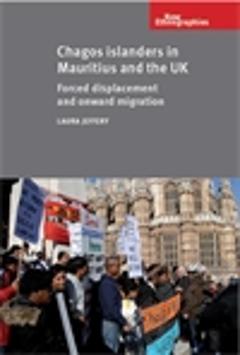
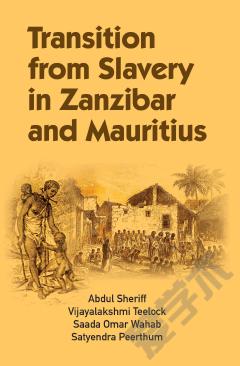
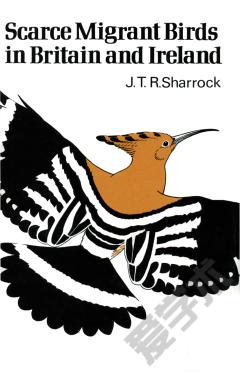

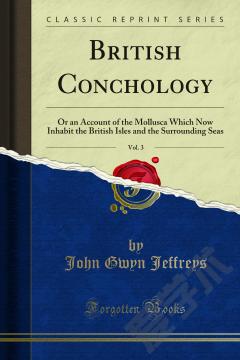

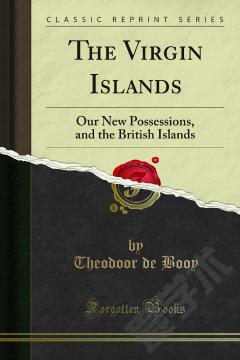

 京公网安备 11010802027623号
京公网安备 11010802027623号